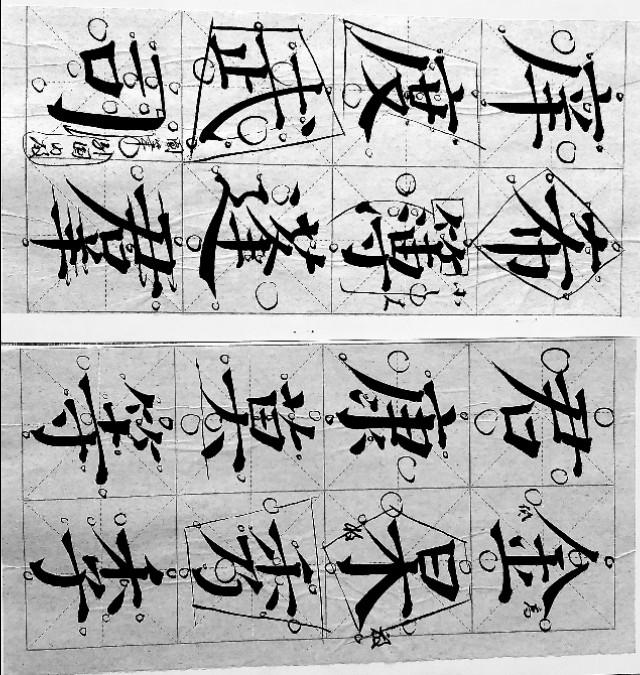英语状语从句的常见形式(句子结构定语从句与状语从句)
英语状语从句的常见形式(句子结构定语从句与状语从句)This is the pen which my friend gave to me.1. 先行词是事或物,关系词选which/that4.关系词: 引导定语从句的词5. 限制性定语从句与非限制性定语从句二、关系代词引导的定语从句

一、定语从句
1.修饰名词或代词的句子
2.充当定语,起形容词的作用
3.先行词:定语从句所修饰的名词或代词。
4.关系词: 引导定语从句的词
5. 限制性定语从句与非限制性定语从句
二、关系代词引导的定语从句

1. 先行词是事或物,关系词选which/that
This is the pen which my friend gave to me.
The job security that the US economy once offered to high school graduates has
largely evaporated.
2. 先行词是人,关系词选who/whom/that
The man who is wearing a white suit is my brother.
She is the girl with whom I went there.
This is the teacher whom/who we like best.
She is the girl whom/ who I went with there.
3. 先行词是人/物,表示所属关系,关系词选whose
Users could select which system to join and only registered users whose identities
have been authenticated could navigate those systems.
三、关系副词引导的定语从句

He will always remember the day when/on which his father returned from America.
The bookstore where/in which his sister works is the largest one in Nanjing.
I don’t know the reason why/for which he didn’t come to the meeting yesterday
morning.
四、非限制性定语从句
(1) 非限制性定语从句的作用是用来提供附加的而非必要的信息,只是对先行词作进一步的解释、补充或说明。若去掉此定语从句,句子的主旨大意仍然明确,不会引起误解和太大的歧义。如:
Mr. Wang is the headmaster of our school who you saw at the meeting yesterday.
(2) 非限制性定语从句只是先行词的附加补充说明,与先行词之间的关系较为松散,之间有逗号分隔。
在非限制性定语从句中不能用that来代指人或物,而应当用who / whom指人,用 which指物。
He takes exercise regularly which helps to keep him fit. Please give the note to Mr. Li who is standing under the tree. Miss Yang is our favorite teacher whom we honor most.
五、比较两种定语从句:
He will wear no clothes which will distinguish him from his fellow men.
He will wear no clothes which will distinguish him from his fellow men.
六、副词性从句( 状语从句 )
用来修饰谓语动词、其他动词、定语、状语或整个句子的从句叫做状语从句。
状语从句可分为:
1.时间状语从句;
2.地点状语从句;
3.原因状语从句;
4.条件状语从句;
5.目的状语从句;
6.让步状语从句;
7.比较状语从句;
8.方式状语从句;
9.结果状语从句。
七、特殊引导词:
no sooner…than和hardly/scarcely…when/before
意为“一……就,刚刚……就”,主句动词常用过去完成式,但也有用一般过去时的情况。如果no sooner hardly或scarcely位于句首,主句倒装,把had放在主语前。
He had hardly gone to bed when the doorbell rang.他刚刚睡下,门铃就响了。
No sooner had he got off the train than his daughter ran towards him.他刚一下车,女儿就跑了过来。
as soon as the moment directly immediately instantly once 和instant 等。
通常译为“一……就”。
I will come as soon as I’ve finished supper.
They told me the news immediately they got the message.
由for fear (that) 引导
He is working hard for fear he should fail.
Shut the window for fear (that) it may rain.
I will come on condition (that) she is invited too.
He may go with us provided [providing] he arrives in time.




